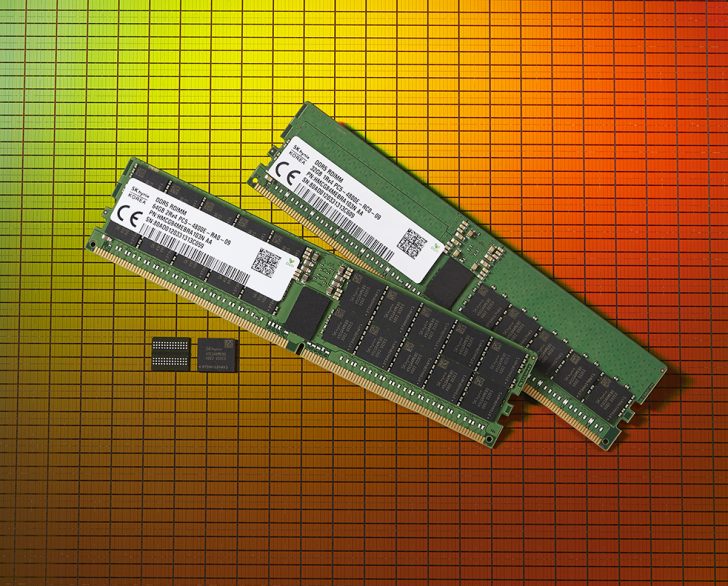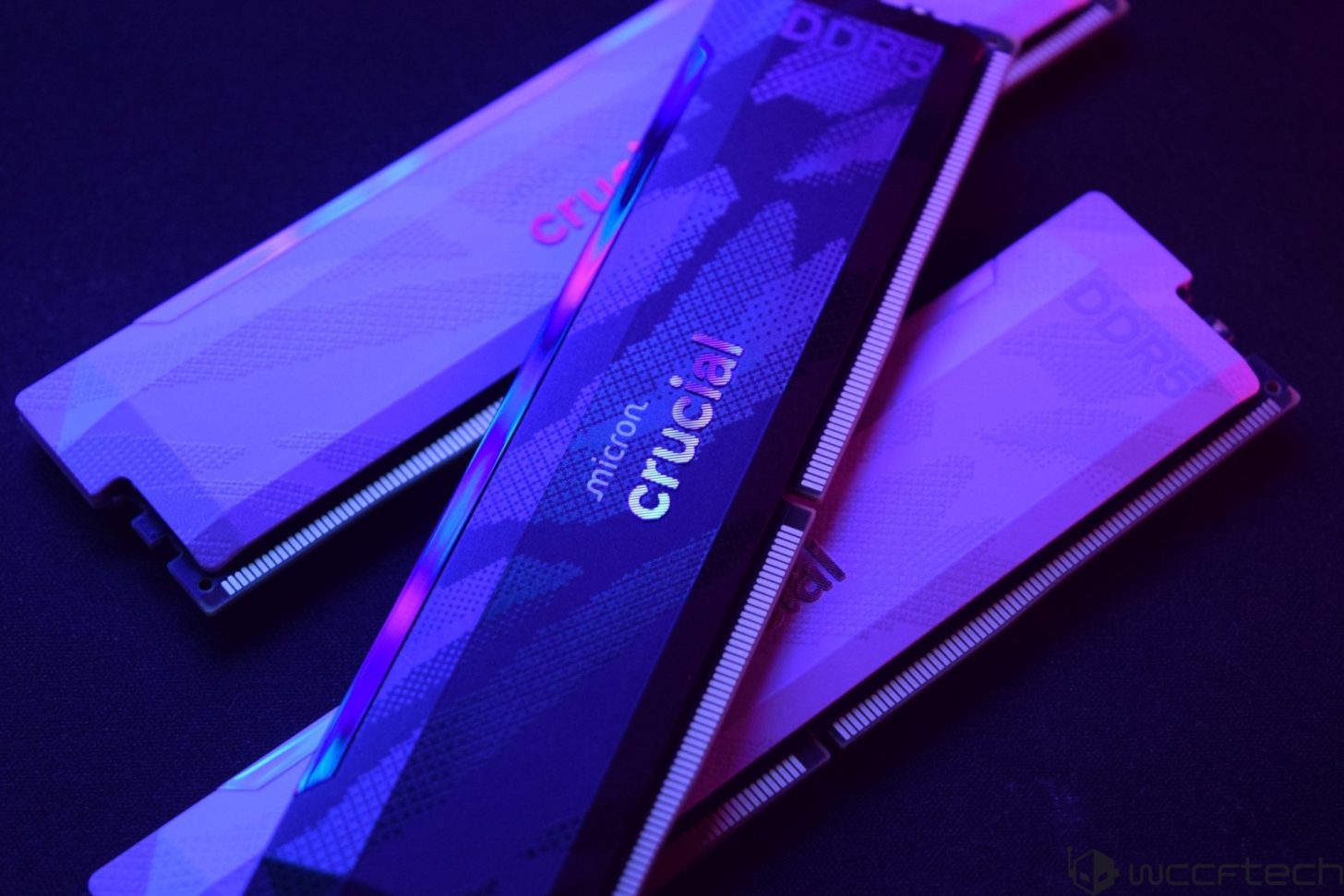In an unexpected turn of events, the cost of RAM is set to soar as Samsung prepares for a significant price increase. This anticipated rise could see consumer memory prices reaching new heights, making RAM upgrades more costly in the foreseeable future.
Samsung Boosts DDR5 Memory Prices Amid AI Demand Surge
Reports suggest that Samsung is gearing up for a major price hike in memory products, with figures indicating a potential rise of up to 60%. This increase is attributed to the soaring demand from the AI sector, which is driving the need for a robust supply chain. Sources have disclosed that the contract prices for 32 GB DDR5 modules have jumped to $239, representing a staggering 50% month-on-month increase. This trend suggests that consumers should prepare for even higher costs as the demand for memory modules continues to intensify.
In addition to 32 GB modules, the prices for 16 GB and 128 GB DDR5 have also escalated by 50%, signaling a broader trend of rising memory costs. As one of the largest DRAM suppliers globally, Samsung’s decision to increase prices is likely to prompt other suppliers to adopt similar strategies. This development is particularly concerning for PC gamers, as upgrading memory could become increasingly challenging.

The Impact of RAM Shortages on Consumer Markets
Previous analyses have highlighted the ongoing RAM shortages, driven largely by data centers that are in need of DRAM for HBM and DDR modules to optimize memory latency. With data center expansions at an all-time high, a shortage of components like DRAM and NAND is anticipated, affecting consumer markets. Manufacturers receiving large-scale orders that lock in years of supply further exacerbate these shortages.
Consumers have likely noticed the sharp increase in DDR5 and DDR4 memory prices. As these shortages become more acute, companies like Corsair and Adata may raise their prices to ensure a steady supply, making it increasingly difficult for consumers to afford memory upgrades.
